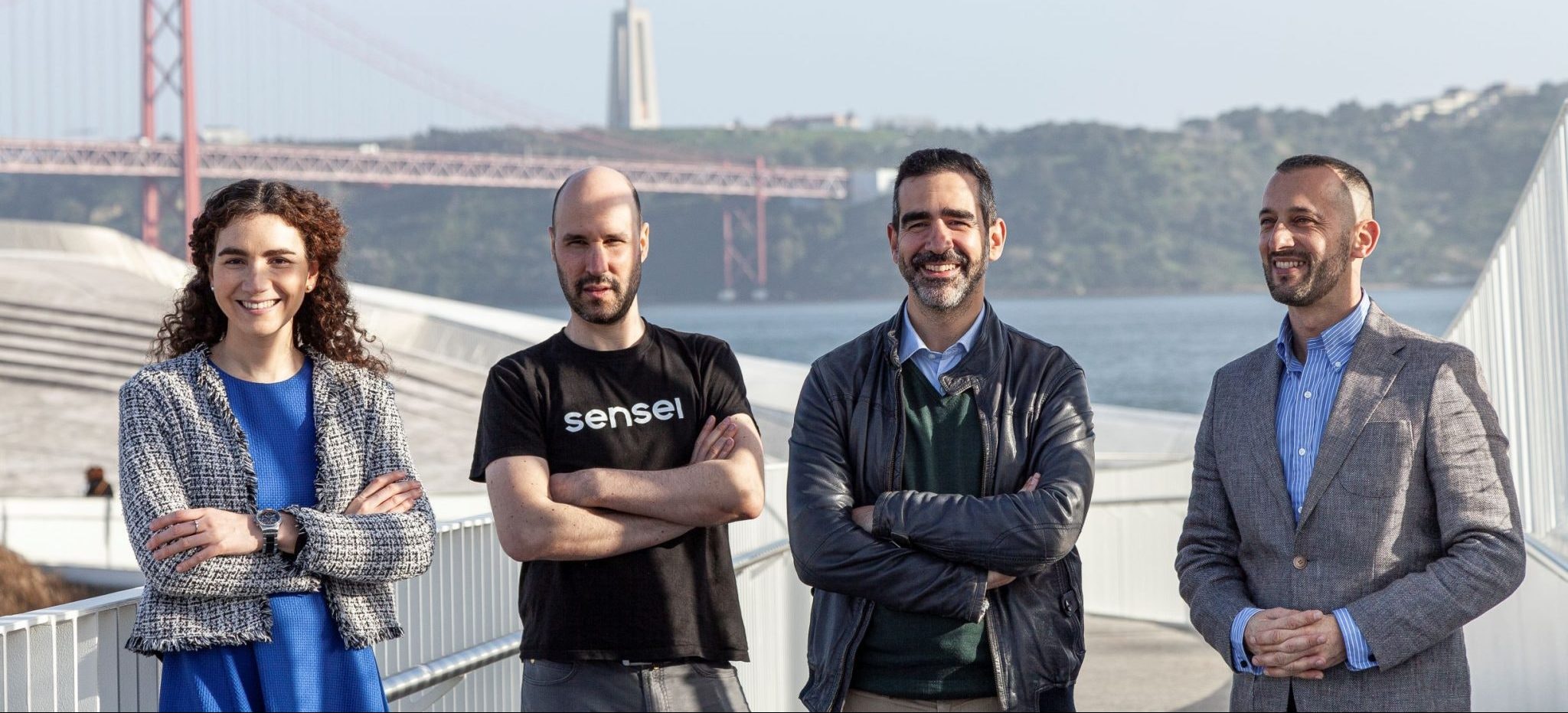During Covid-19, brick and mortar stores were left with two options: move business online or lose customers.
This accelerated the already big shift to ecommerce; research from payment service provider Checkout.com found a 17% growth in ecommerce in Western Europe in 2020 and a 22% growth in Central and Eastern Europe, making it the highest ecommerce growth region in the world.
But as lockdowns across the world lift and life resumes, Antoine Nougué, Checkout.com’s head of Europe, encourages ecommerce and retail startups to figure out how to maintain this momentum: “They need to innovate their business models now to maintain the advantage they gained during the pandemic.”
We spoke with ecommerce experts from Checkout.com, Klarna, Vinted, Depop, Trustpilot, Papier, Evocco and Estrid about how retailers can innovate to stay relevant.
Incorporate new payment methods
To keep up with increasingly demanding customers, retail businesses need to stay on top of the latest payment trends.
According to Checkout.com’s report, 80% of customers expect to be able to pay using new payment methods such as Buy Now Pay Later, cryptocurrency and digital wallets.
“Over the past year, many of us have reassessed the way we save, spend and shop, and now more than ever we’re looking for flexible and better value payment options,” says Alex Marsh, head of Klarna UK, Europe’s most valuable startup and BNPL pioneer. “Unlike credit cards, our BNPL options charge no interest or fees.”
Alongside more established payment innovations, Nougué says startups should also get used to the fact that cryptocurrency isn’t going anywhere.
Over the past year, many of us have reassessed the way we save, spend and shop, and now more than ever we’re looking for flexible and better value payment options.
“5% of the European population is using it today and we expect that in the next 12 months, 29% of the European population will be using cryptocurrency,” he says, citing Checkout.com research.
Make payments seamless
Just incorporating new payment methods isn’t enough. According to Nougué, startups should be focussing on how to make payments as seamless and frictionless as possible — to improve the customer’s experience and boost profitability.
“More and more retailers are hiring heads of payment because they realise that payments and solutions such as Checkout.com allow businesses to see online data and insights,” he says. “This will result in fewer transactions declined and improve card management.”
One way to make payments easy is to embed payments into the platform itself. Lithuanian online marketplace Vinted has a built-in payment system and shipping options.
“Buying on the platform is simple, members can browse and filter between categories, brands, sizes and prices,” says Thomas Plantenga, Vinted’s CEO. “Every transaction is quick and seamless.”
Embrace ‘social shopping’
Vinted is also one of a growing number of startups that are capitalising on the social side of shopping, as it has a messaging function and community forum built into the app.
Checkout.com’s report found, after the success of Chinese models like WeChat and US platforms such as Venmo, European consumers are “hungry for merchants to offer more by way of clickable content, consumer communities and personalised payment support online.”
London-based social shopping app Depop is leading this charge, encouraging interaction on its app through comments, likes and the ability to follow specific shops on your feed.
“Since Depop was founded 10 years ago, it has been a mobile-first marketplace,” says Depop’s chief brand officer, Peter Semple. “Gen Z and millennials were raised on social media, and consumers in general are increasingly seeking social entertainment and curation as part of the shopping experience.”
Customers are also increasingly turning to reviews from others, through platforms such as Danish startup Trustpilot. A Trustpilot Canvas8 study from last year found that 89% of consumers in the US, UK and France check reviews when they shop online.
Gen Z and millennials were raised on social media, and consumers in general are increasingly seeking social entertainment and curation as part of the shopping experience.
“In the absence of physical stores, consumers are having to rely on available digital content, which is increasingly generated by customers themselves through reviews,” says Carolyn Jameson, Trustpilot’s chief trust officer. “It’s never been more crucial for businesses to engage with online reviews.”
Consider a subscription model
Alongside social shopping, Checkout.com predicts subscription models will boom — from weekly meal kits to monthly flowers. It found 41% of ecommerce merchants do not offer subscriptions but plan to in the next 18 months.
As long as top-notch level service is seen as a fundamental part of the offering, subscriptions in key categories will be a growing slice of the retail pie.
“The key is that it’s a highly flexible plan, meaning you can cancel at any time or adjust the subscription to suit changing habits,” says Ben Eliass, cofounder of Estrid, a Swedish startup offering a razor subscription for women. “As long as top-notch level service is seen as a fundamental part of the offering, subscriptions in key categories will be a growing slice of the retail pie.”
Innovate your supply chain
To match the shifting demands of customers, Nougué says retailers will have to continue to be agile, adding one of the biggest challenges in the future will be balancing costs — of marketing, dealing with returned orders etc — with customer satisfaction.
A potential solution is focusing on personalised products, such as those offered by London based stationery startup Papier.
“We think more businesses will follow the ‘made to order’ model that we’ve championed from the start,” says Taymoor Atighetchi, Papier’s founder and CEO. “It’s the only way forward in reducing unnecessary stock and unwanted returns.”
Atighetchi adds this model also increases sustainability, which will play an important part in the future of retail.
“Retailers have seen the effect sustainability has had both on the pressure on their supply chains and the drive from consumer demand,” says Ahmad Mu’azzam, CEO of Irish startup Evocco, an app that tracks the carbon footprint of people’s food shopping. “Traditional retail models simply won’t exist unless we transition to a sustainable food system.”



